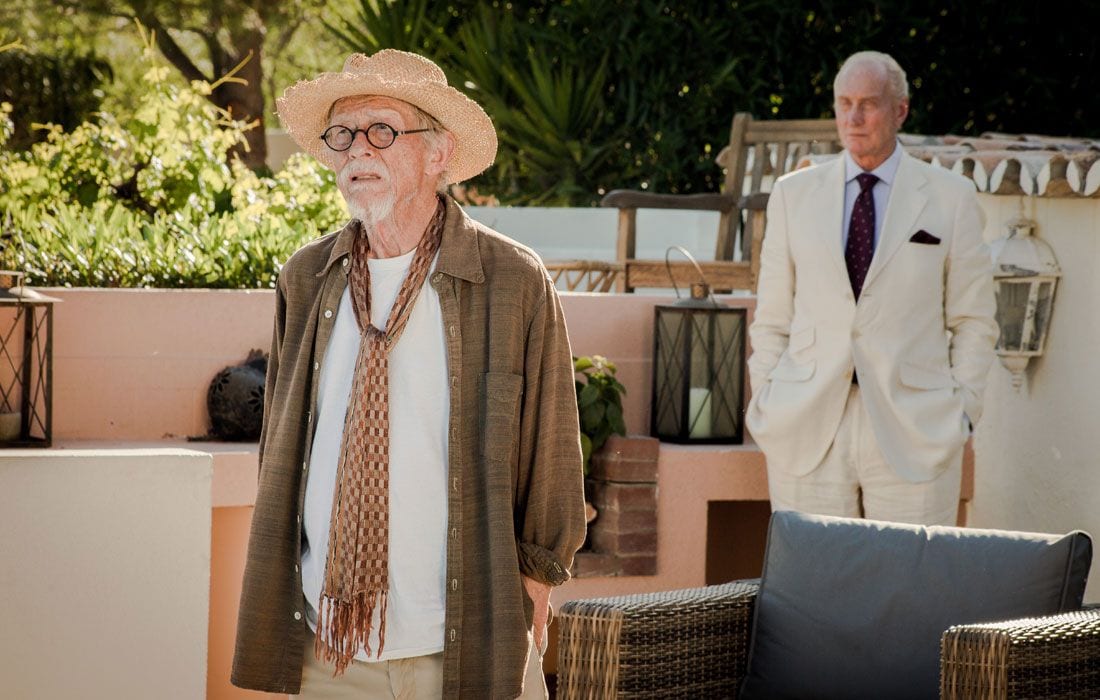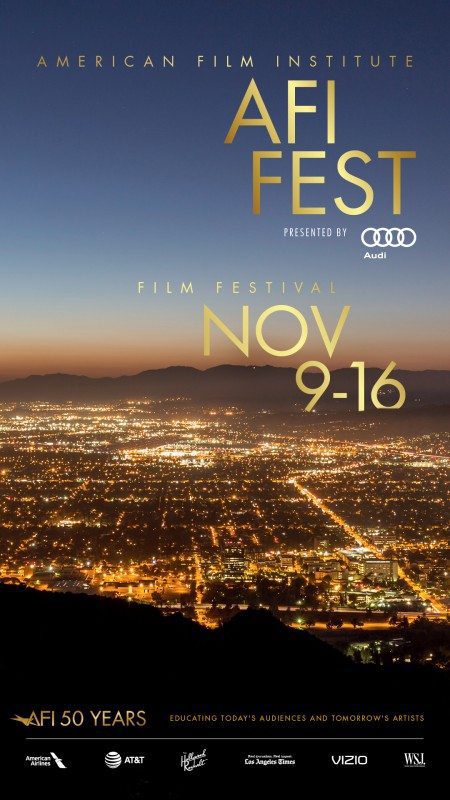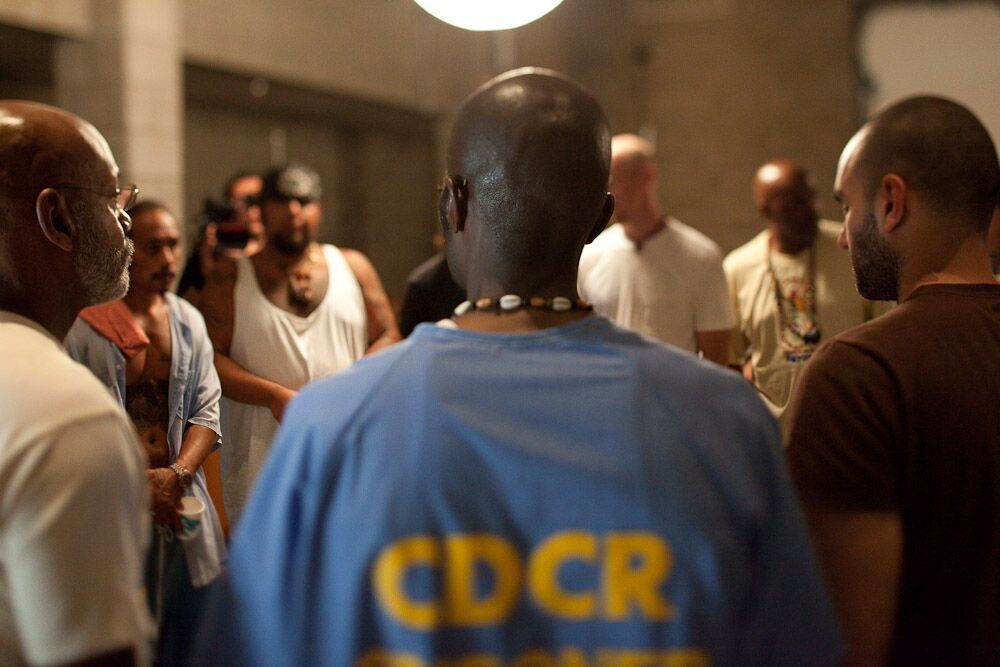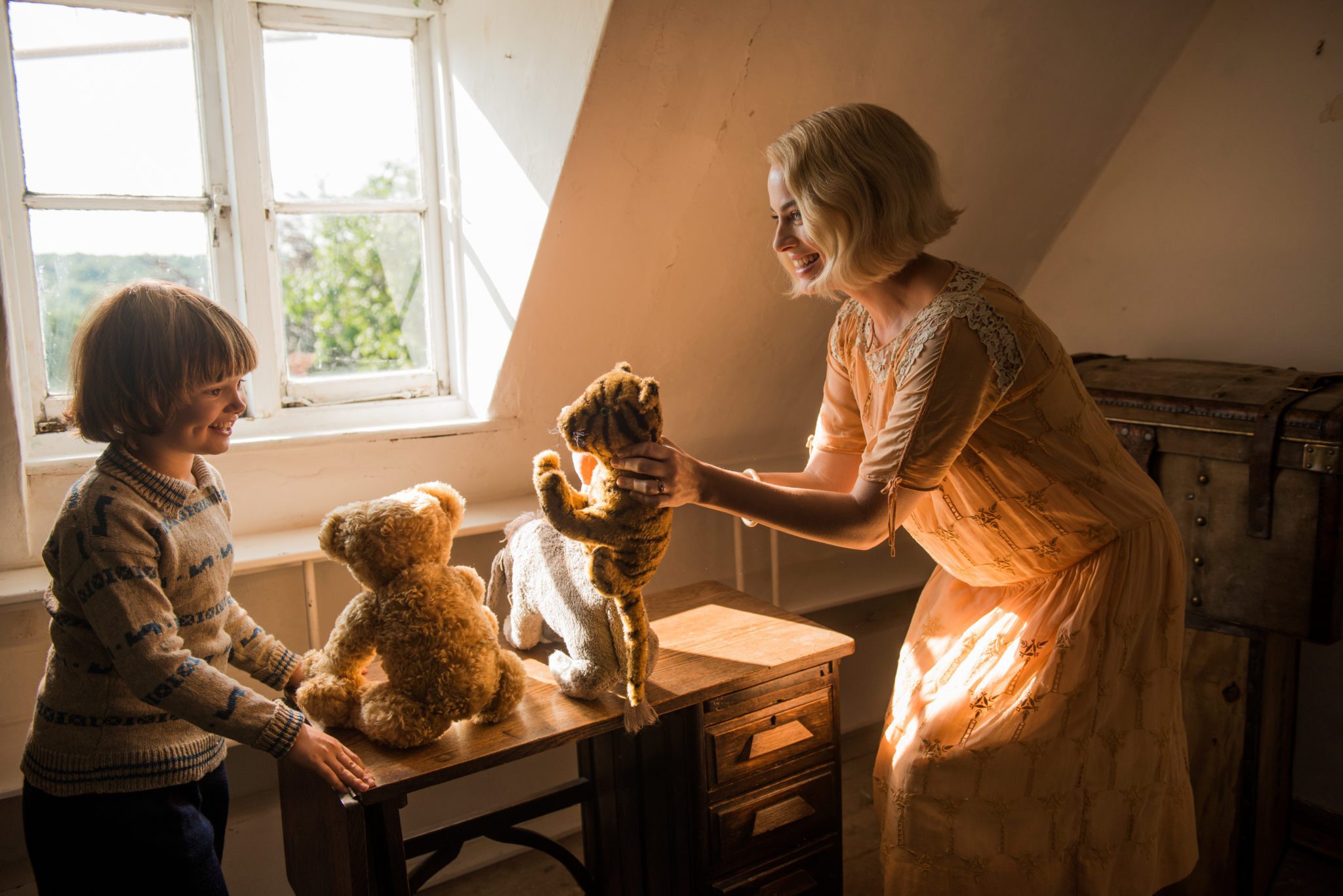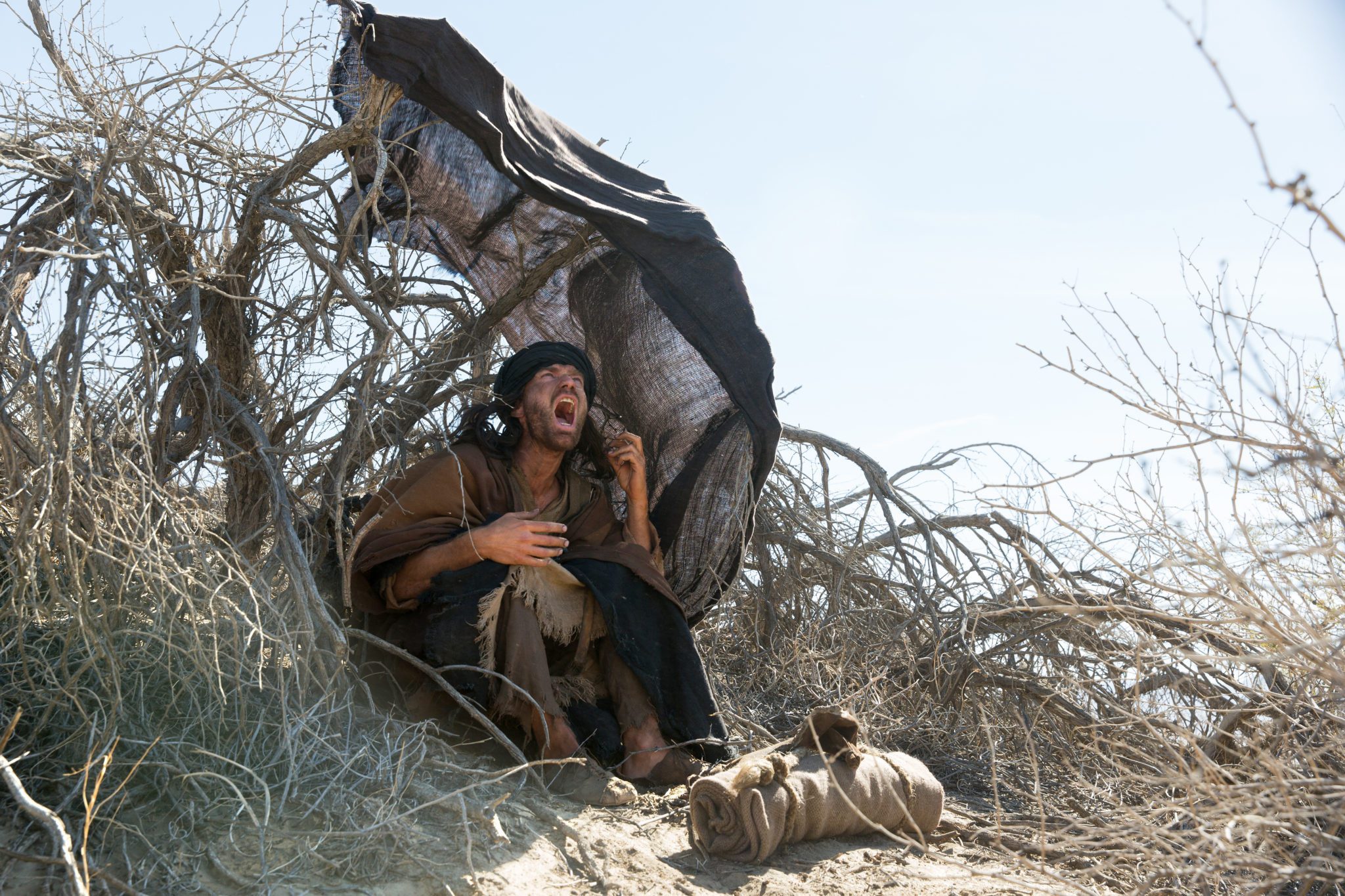
Jockey – Riding into the sunset
?These horses will run till they drop. You have to tell a horse it?s time to stop.? Many people want to pass on a legacy. It is more than just wanting to give something of value to a future generation. It can be a validation of one?s life. It can be something that lives on…



